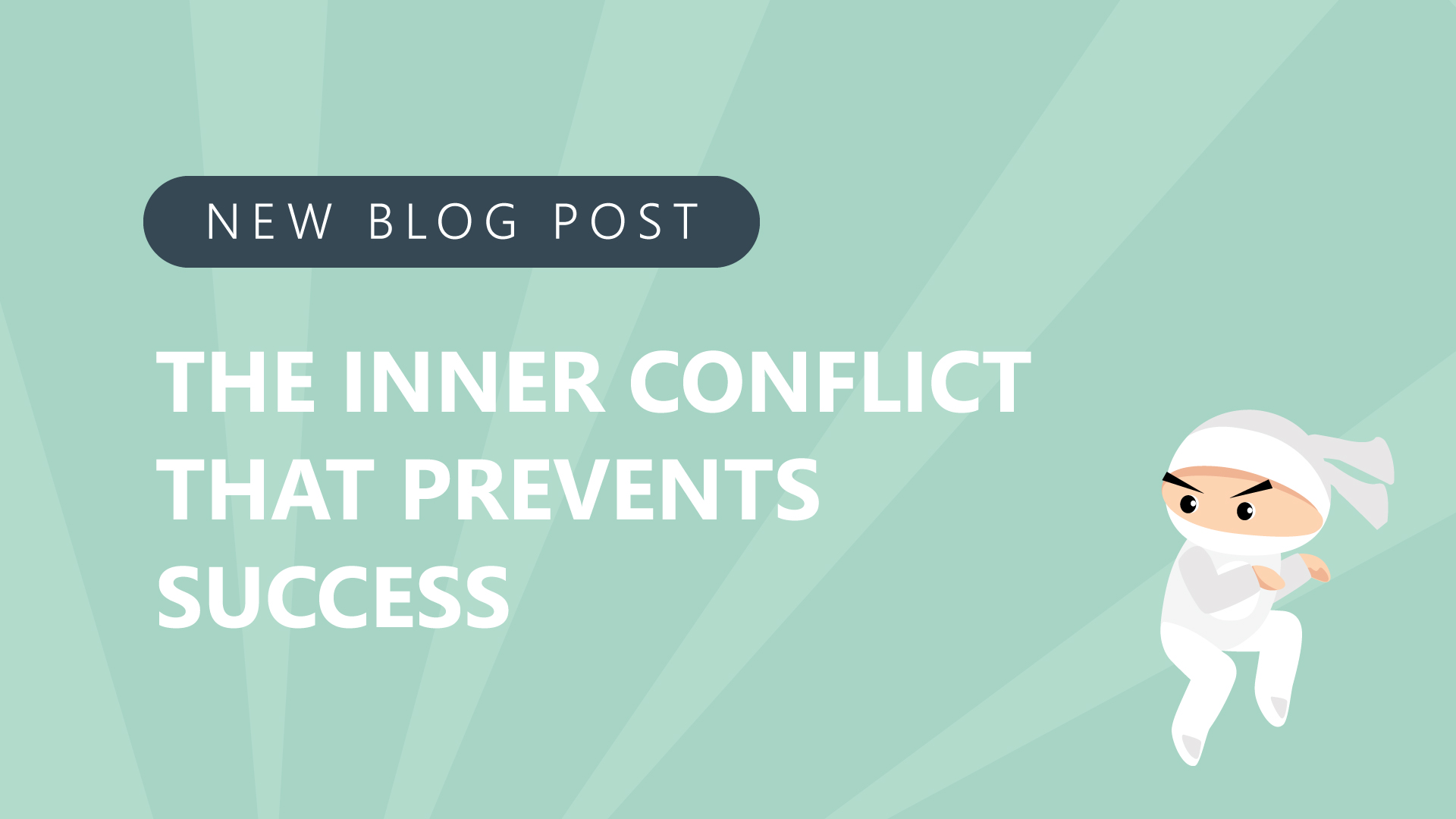A question that we’ve been asking and dissecting a lot lately is, “Why won’t people just ask?” The answer is different for numerous reasons, but a lot of it stems from inner conflict. It’s something J. Paul Nadeau addresses in his book, “Dammit, Just Ask!”
Paul Nadeau is a keynote speaker on negotiation, mental wellness, and conflict resolution. He’s a former hostage negotiator, international peacekeeper, and interrogator. He hunted down criminals, interrogated them, and negotiated with hostage-takers and people in crisis.
He’s passionate about understanding the human mind and addressing the problem: Why won’t people just ask?
Why won’t people just ask?
He notes that humans are controlled by the powerful emotions of fear and love. People are afraid of being told “no.” Humans, the emotional creatures that we are, feel that we’d be crushed if someone said no to us.
But Paul points out that we must accept that we will get no and realize it isn’t a big deal. It’s only data. Why take it personally?
Conflict should be looked at as an opportunity to create a better opportunity. Conflict leads you to ask more questions. People don’t ask because they’re afraid of being told no, and they’re taking it personally. When you start to question why you got a no, it leads to learning opportunities. No should not be feared.
Dissecting the inner conflict that exists
Paul believes that being afraid of getting a no has to do with a lack of confidence and a lack of preparation. The first person you negotiate with is yourself. After that, you have to learn about the person you’re negotiating with. What motivates them? Five minutes on the internet can give you a wealth of information about the person you’ll be negotiating with.
What are their pain points? Whenever Paul Nadeau was negotiating with a hostage taker and nearing the end, he’d ask what they were afraid of. 8/10 times, hostage takers are afraid of being killed.
They did something spur of the moment, panicked, and got themselves into a situation they didn’t feel they could get out of. Why not ask your potential clients what they’re afraid of? Maybe they’re worried about what happens next.
The internal conflict can be controlled and turned into curiosity by approaching it with a different attitude. In a typical negotiation, you aren’t there to make demands. You’re there to be reasonable. You get to set the tone for the negotiation. The internal conflict doesn’t have to exist if you’re confident in yourself.
Paul lays out a negotiation framework that not only focuses on the preparation but navigating the entire process.
The PIER Negotiation Framework
- Preparation and planning: Planning is mental preparation and discovery.
- Intent: Your intent must be focused on your client/prospect/counterpart (not yourself). What can you learn about them?
- Engage: Keep them engaged by asking leading questions.
- Relationship: The goal is to build a relationship.
Paul shares how you can leverage this framework in a negotiation in episode #409 of Negotiations Ninja. Don’t miss it.

